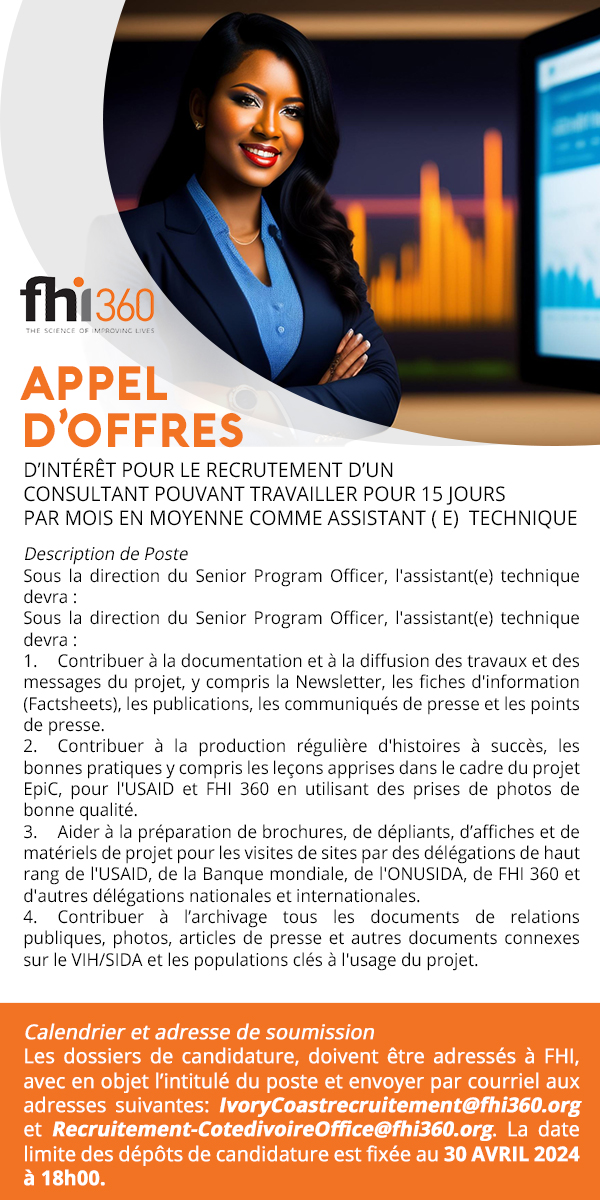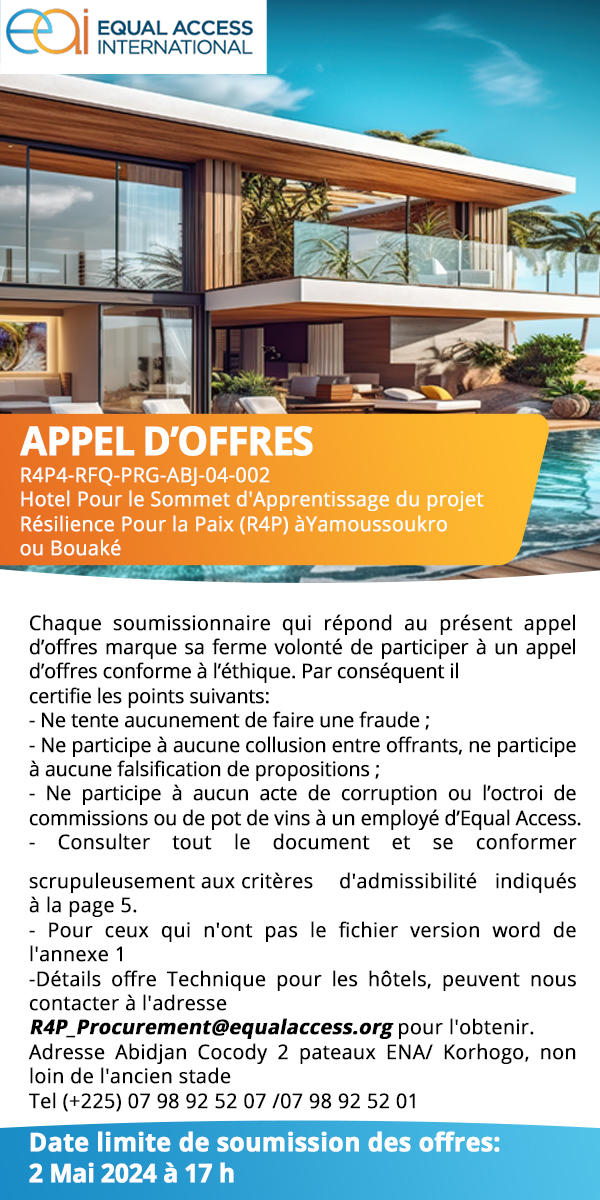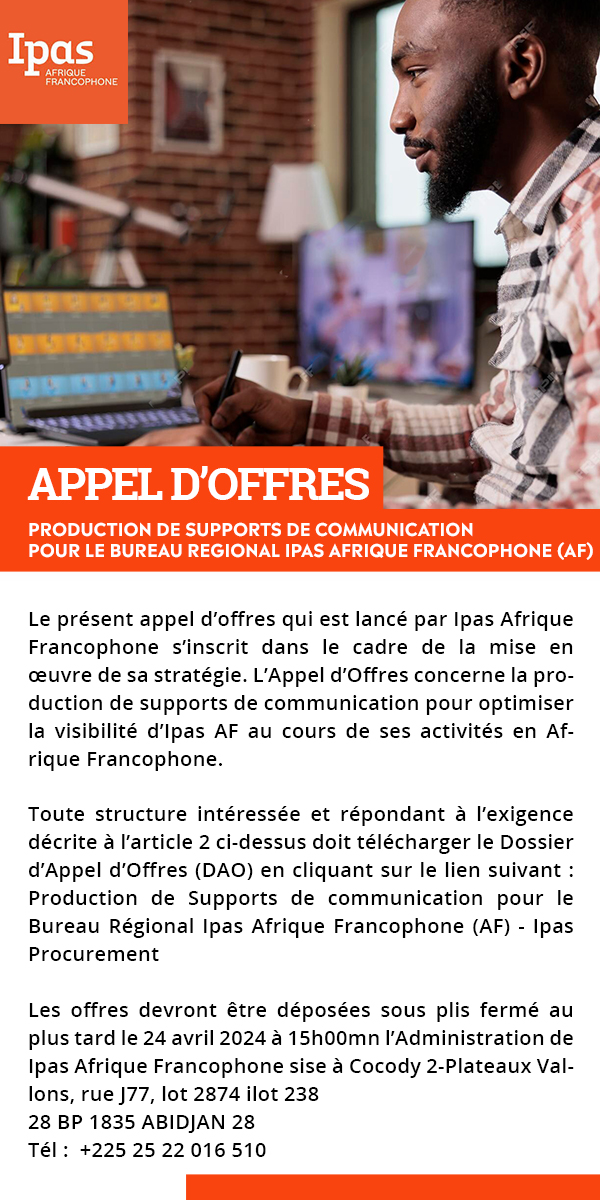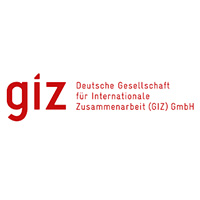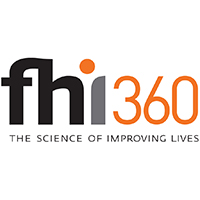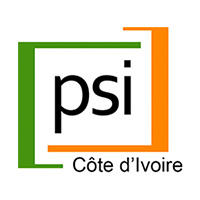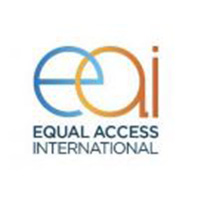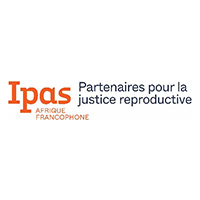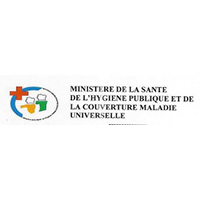PROGRAMME DES NATIONS UNIS POUR LE DEVELOPPEMENT (PNUD)
recrute
TRANSITIONAL JUSTICE/RECONCILIATION EXPERT
| Location : | Abidjan, COTE d'IVOIRE |
| Application Deadline : | 11-Feb-16 |
| Additional Category | Governance and Peacebuilding |
| Type of Contract : | TA International |
| Post Level : | P-4 |
| Languages Required : |
French |
| Starting Date : (date when the selected candidate is expected to start) |
01-Apr-2016 |
| Duration of Initial Contract : | 364 days |
Background |
|
|
The long military and sociopolitical crisis in Côte d'Ivoire went through during the past ten years, punctuated by the 2010-2011 post-election crisis, led to serious humanitarian consequences, undermined the foundations of the public administration and created deep fractures in the Ivorian society. Public services, including the justice sector, are no longer references for a large part of the population. Since the return to normality and the establishment of democratic institutions (Government, National Assembly, etc.), the country has embarked on the road to the recovery of public services across the country, the revival of economic activity and national reconciliation in particular through the establishment of the Commission Dialogue, Vérité et Reconciliation - CDVR (Truth, Dialogue and Reconciliation Commission) and commitment to promote access to fair and independent justice for all. To continue the CDVR’s efforts, the President has created a national commission for reconciliation and victims compensation’s which is called “Commission nationale pour la réconciliation et l’indemnisation des victimes (Conariv)”. This commission is lead by a priest, Mgr Paul Siméon Ahouana, who is in charge of the repairing and the compensations for the post crisis conflict victims. The National Programme of Social Cohesion is the body designated for the implementation of the reparation programme. However, despite the efforts made, many challenges still lie ahead both in terms of security (fight against the proliferation of Small Arms and Light Weapons -SALW, Disarmament, Demobilization and Reintegration - DDR, Security Sector Reform - RSS) justice and in regard to community recovery and national reconciliation for a transition to a more sustainable development. To better meet the changing needs and priorities of the government following the post-election crisis and support the implementation of the Plan National de Development 2013-2015 (PND), UNDP has adapted its national programs. Thus, support for strengthening the rule of law has been identified as a new area for ??UNDP’s intervention in Côte d'Ivoire. A support that is highly requested in the light of the closing of the Rule of Law Section in UNOCI. In this area, the Ministry of Justice designed a strategic sectorial policy document for the reform of the judiciary and corrections center in order to deliver a better quality of service to litigants. This document includes 21 objectives grouped around five themes: (i) increase the judicial and penal system, (ii) promote independent and impartial judiciary, (iii) facilitate equitable access to justice for all, (iv) ensure quality justice while improving the treatment of vulnerable persons and (v) ensure the moralization of the judiciary. In view of the urgent need to restore the rule of law, transitional justice and ensure access to justice for vulnerable groups, including women and children in three priority regions of western Côte d'Ivoire (Cavally, Tonpki and Guemon), UNDP, in close cooperation with UNOCI and UNICEF, have developed a joint project to improve access to justice in the West. The project has been extended over the whole territory with significant financial support from the European Union. The joint project to improve access to justice has three specific objectives:
In addition, some important rule of law issues and in particular transitional justice issues are of key importance to ensure social cohesion and reconciliation, which will have to be addressed in order to ensure resilience to community conflicts. A concrete example is the land issues, which is at the origin and at the heart of many conflicts in both rural and urban areas. There are ongoing discussions at the national level to which UNDP would like to contribute strategically. To assist the Country Office in these activities, UNDP is recruiting an expert in transitional justice and issues related to transitional justice, such as access to justice, institutional reforms, judicial proceedings related to the postelection crisis through the Special Investigation Cell (CSEI), Exhumations Cell, victim/witness support, social cohesion and reconciliation, and land dispute resolution. Under the general supervision of the Resident Coordinator/Resident Representative and direct supervision of the Country Director, the Technical Expert will work closely with other members of the programme to allow UNDP to make its contributions to the reform of the justice sector and land issues. The Technical Expert will work closely the government, the Office of the United Nations High Commissioner for Human Rights (OHCHR), other development partners including UN agencies, UNOCI, the Delegation of the European Union and ICTJ. The expert will through his/her technical expertise assist with the work on the preparation, review and evaluation of the UNDAF, CPD, CPAP, as well as other UNDP programme tools.
|
|
Duties and Responsibilities |
|
Acts as the key senior policy advisor to the Ivorian Government on the following issues:
Impact:
|
|
Competencies |
|
|
Corporate Competencies:
Functional Competencies: Knowledge Management and Learning:
Development and Operational Effectiveness:
Management and leadership:
|
|
Required Skills and Experience |
|
|
Education:
Experience:
Language:
|
Pour postuler, cliquez ici





























